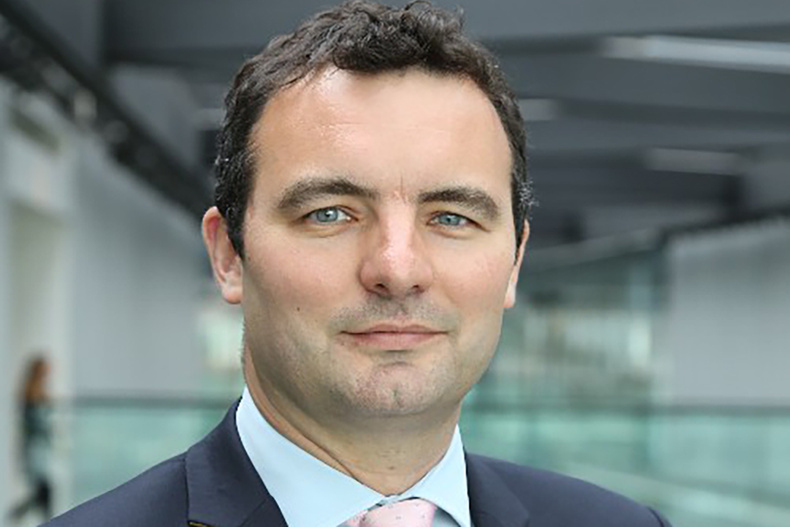House prices poised for an eight per cent surge - EY

Midland homeowners have received a midsummer boost with a forecast that UK house prices are predicted to rise by eight per cent over the course of 2022.
The predicted rise will be followed by growth of 1.8 per cent and 1.2 per cent in 2023 and 2024, according to a new report on the housing market by the EY ITEM Club. Prices are set to avoid a contraction after two years of strong growth and despite a cost of living squeeze.
The EY ITEM Club forecast would leave the average cost of a home (on the ONS measure) at £283,000 by the end of 2022, £287,000 by the end of 2023 and £291,000 by the end of 2024. This would be 26 per cent higher than the average £231,000 cost of a home in Q1 2020, just before the start of the pandemic.
According to the report, growth in house prices will be slowed down by stretched affordability, rising mortgage rates, and falling household incomes - but limits on supply, low unemployment and the unequal effects of cost of living pressures will stop prices from falling.
Peter Arnold (pictured), EY UK chief economist, said: “While short-term prospects for the wider economy have become gloomier, the same can 't be said for the housing market. In previous economic cycles, a house price contraction would be on the cards with incomes squeezed and a high chance of a market correction after two years of out-sized growth. Instead, house prices are set for a softer landing.
“There are certainly a number of signs pointing to slower house price growth though. The ratios of house prices to average incomes, and of average mortgages to incomes, are already at record highs, for example. An increase in the cost of living may also prompt some prospective buyers to become more cautious or to struggle to afford a deposit.
“But the squeeze on demand is being counterbalanced by a continued squeeze on supply and even a significant, sustained expansion in housebuilding would be unlikely to have a material impact on average prices. Meanwhile, rising interest rates are unlikely to affect homeowners in the same way they would have done previously, with the dominance of fixed-rate mortgages meaning rate changes will take some time to filter through to borrowers. Crucially, the economy is also not seeing the high levels of unemployment that have been a key factor in previous house price contractions. ”
